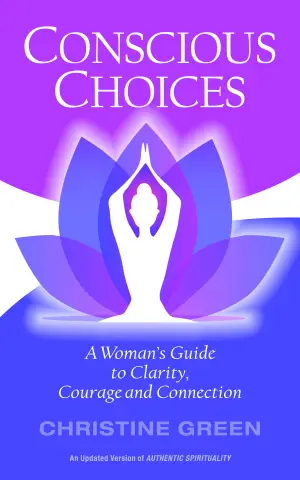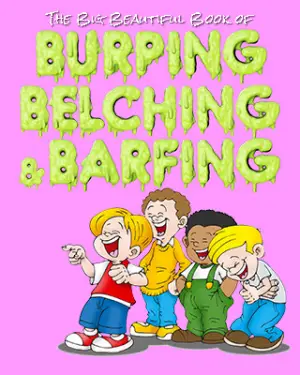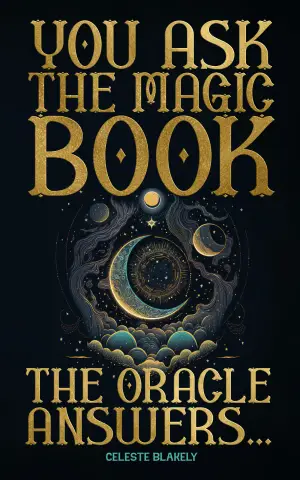Book Review: Brave New World by Aldous Huxley
As an avid reader who relishes dystopian literature, Aldous Huxley’s Brave New World has been on my reading list for quite some time. The intriguing premise of a technologically advanced society where human beings are engineered and conditioned to be mindless citizens drew me in. I was particularly interested in how this story resonates with our contemporary world, filled with endless technological advancements and societal controls.
Upon diving into the book, I found myself both captivated and disturbed by Huxley’s vision. The narrative follows a future society where individuals are genetically engineered into predetermined castes and conditioned from birth to accept their roles. The chillingly relevant themes of control—through pleasure, drugs, and genetic manipulation—really highlighted how the human spirit can be suppressed in the name of order and happiness.
One aspect that struck me was Huxley’s sharp commentary on the dangers of mindless conformity, which echoed through various characters and societal norms in the book. The character of Bernard Marx, who begins to feel discontent with this monotonous, hedonistic lifestyle, serves as a poignant reminder of our struggle for individuality in an increasingly homogeneous society.
Readers, like Ashutosh S. Jogalekar, have pointed out how prescient Huxley was when he wrote this novel back in 1932. The book features themes similar to those in 1984, yet offers a unique perspective where technological benevolence replaces political oppression. While I found this angle to be compelling, I noted some criticisms regarding the story’s pacing—it can sometimes feel disjointed or slow, which might detract from the overall experience for some readers.
In another review, Ibishead noted the prescience of Huxley’s themes about modern media manipulation, highlighting how relevant they feel today. It made me reflect on whether we are indeed living in a “Brave New World,” where television and social media serve as tools of distraction. The parallels drawn to current events and societal behaviors lend the novel an unsettling edge, making it a meaningful read.
However, not everything was flawless. Although Huxley’s language is mesmerizing, some readers, including Bob Lewis, pointed out that the character development sometimes falls short. It often felt like the characters served more as vessels for Huxley’s philosophies rather than fully fleshed-out individuals, making it challenging to form an emotional connection with them. This detachment could make the narrative difficult to engage with for some.
Additionally, Dom mentioned a notable flaw regarding the book’s physical edition, specifically commenting on the misleading cover art for the 90th Anniversary Edition. This disparity could be frustrating for those expecting a more visually premium product. I found that while I wasn’t overly concerned with these details, it’s worth mentioning for readers who value the aesthetics of their collections.
Despite these imperfect aspects, Huxley’s Brave New World delivers potent insights into human nature and societal control that remain urgent today. The profound exploration of freedom, happiness, and the human spirit is something everyone should ponder, especially as we navigate a world increasingly dominated by technology and entertainment.
In conclusion, I wholeheartedly recommend Brave New World to anyone interested in thought-provoking literature that challenges the status quo. While it may not be the most character-driven novel, its ideas and themes will resonate long after the last page is turned. Aldous Huxley’s masterpiece deserves its place in the canon of dystopian literature and will remain relevant for future generations.
Rating: ★★★★☆ (4.5/5)
Explore the thought-provoking themes and intriguing society of Brave New World. >>








